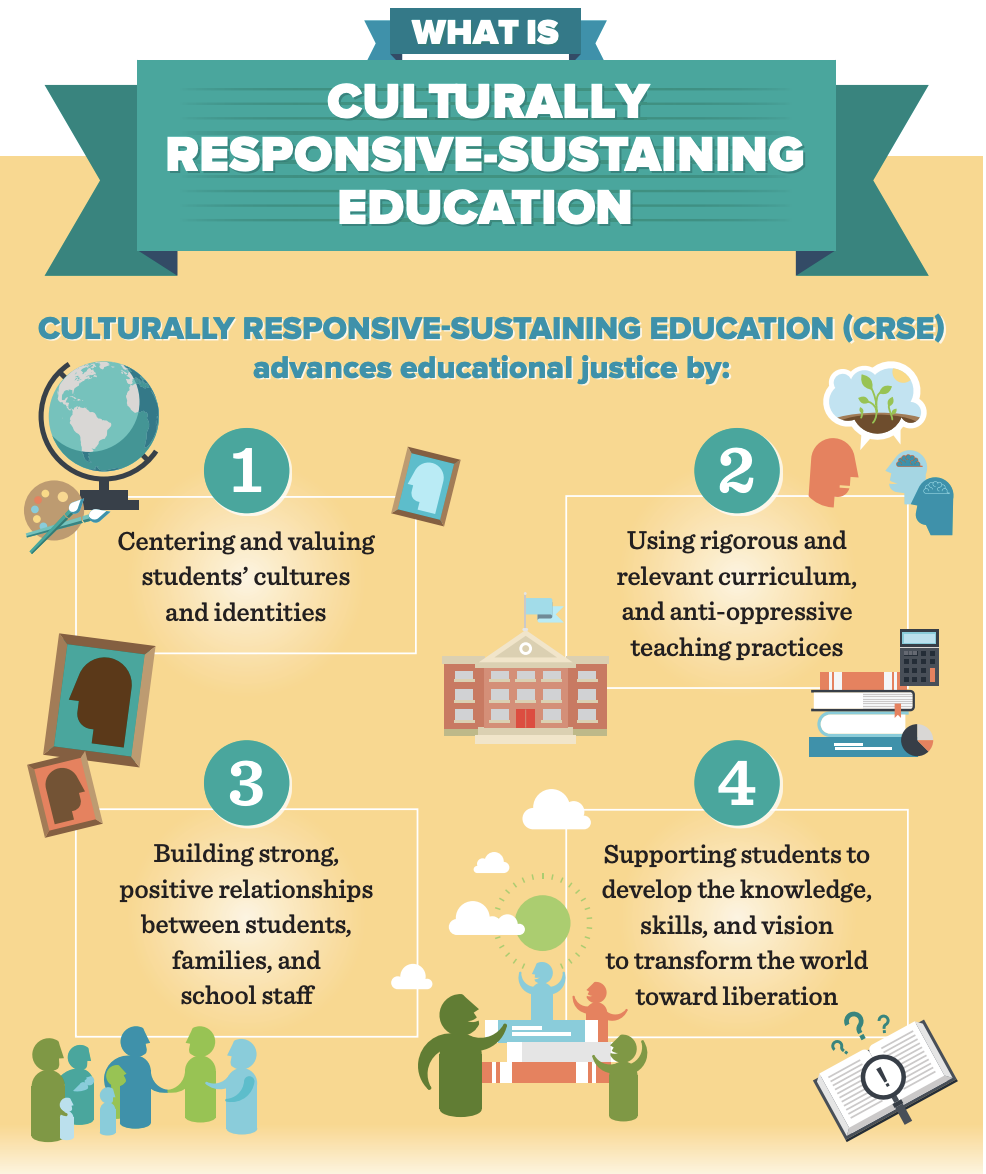Author:
During the session on Indigenous ways of knowing with educator Joanne Brown, I had an insightful experience as she shared her knowledge and experiences. She explained that Indigenous knowledge, and beliefs are based on learning together rather than memorizing the facts for grades and maintaining relationships with the community (Howe, Johnson, & Te Momo, 2021). This made me reflect on my experiences as an Indian student where education was teacher-centered and grades were a measure of success. The idea of Indigenous people learning together and connecting their knowledge practically felt different from my own experiences. It made me realize that education systems shape the beliefs of knowledge and relationships.
One incident that I can recall from my schooling in India was when we were discussing the contribution of freedom fighters to Indian independence. The curriculum covered the views of political leaders and government structures. It overlooked the contributions made by tribal and Indigenous communities. Their struggles, resistance, knowledge, and experiences were missing. It felt similar when Joanne shared that Indigenous knowledge is often left out in mainstream Canadian education. This focus on dominant group views often persuades people to look at education from one angle rather than diverse perspectives.
After listening to educator Joanne Brown all my relations and the circle of courage further deepened my belief in interconnectedness and the importance of community in education. It made me realize that education should include diverse perspectives and lived experiences of different communities. As a future educator, I want to bring this awareness into my teaching. I will create a learning environment where diverse worldviews are valued, incorporating storytelling, reflective discussions, and community engagement. By ensuring that students will see their identities reflected in the curriculum and will foster a sense of belonging and empowerment in the classroom.
References
Howe, E.R., Johnson, S., & Te Momo, F. (2021). Effective indigenization of curriculum in Canada and New Zealand: Towards culturally responsive pedagogies. Journal of Indigenous Education, 16(1), pp. 23-39.

Thank you for sharing your story. I am really shocked by how you connected your experiences in Indian class with Joanne Brown’ Indigenous ways of learning. I have a similar experience with you. I studied in a teacher-centered system in China as well. This made think about how school can pay how much attention to the grades. So your experience is totally understandable. Like you said, learning together, staying connected, and not just memorizing knowledge points is a cool thing, because it makes learning feel more real and fun.
Another part that really surprised was when you said the curriculum in India missed the stories of the indigenous people. It was sad that their hard work and knowledge weren’t included. Their stories and voices should be heard.
After reading, I agree with you that education should include different experiences and views. I like your plan to become a teacher with more inclusiveness. Education should focus on a big group’s ideas.
Hii Vandana,
Thankyou for sharing your story. Your reflection shows the importance of inclusive education and the role of community in shaping meaningful learning experiences. Recognizing the value of multiple perspectives and lived experiences shows a deep understanding of how education extends beyond textbooks where students feel accepted and heard.
Your have included storytelling and reflective discussion which is truly appreciable.These approaches make learning more dynamic and relatable.It will also empower students by reinforcing their experiences. When they see themselves reflected in the curriculum, it can strengthen their love towards learning and more committed towards true learning experiences.
You made an excellent point when you stated that many tribal and Indigenous leaders helped to bring about change in the social structure, but these stories were often left out of the history books. Embedding these stories into the curriculum is integral to celebrate diversity.